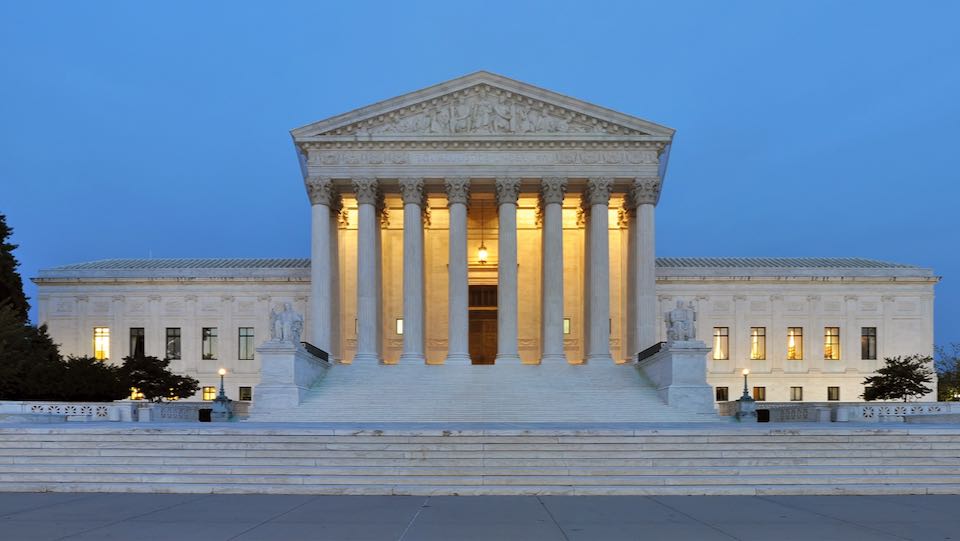U.S. court blocks controversial Texas social media law

The U.S. Supreme Court has blocked a Texas law that threatened to shut down the deletion of hate speech, violence and the like from American online platforms. The decision came by a majority of five votes to four, according to the ruling released Wednesday night.
The controversial Texas law, known as HB20, prohibits online services with more than 50 million users from cracking down on any expression of opinion. “Blocking, banning, removing, […] or denying equal visibility to expression” is defined as censorship in the law. Texas Republican Governor Greg Abbott signed it last September.
Matt Schruers, President of the Computer and Communications Industry Association (CCIA), commented, “This ruling means that private American companies will have an opportunity to be heard in court before they are forced to disseminate vile, abusive or extremist content under this Texas law.”
Schruers believes the court’s decision vindicates the First Amendment of the U.S. Constitution. No online platform, website or newspaper should be required by the state to publish certain posts, Schruers said.
Conservatives saw themselves at a disadvantage
In September, the New York Times reported that the law would prohibit platforms from removing or otherwise moderating content based on a user’s political views. User accounts would also not be allowed to be blocked because of this. This was triggered by unsubstantiated claims by conservatives that their views were being suppressed by platforms such as Twitter and Facebook.
Both the Texas Attorney General and private users should be able to sue the companies if they believe they have been unfairly blocked. Providers should also be required to publish regular reports on how often they receive complaints about posts or how often they have deleted content.
Florida law also overturned
The current Supreme Court order comes about three weeks after a U.S. appeals court cleared the way for the “censorship” law for the time being: in mid-May, an appeals court had lifted a preliminary injunction (in German) against the law. According to experts, this exposed platforms to the risk of lawsuits in Texas if they remove hate speech, for example. The CCIA and Netchoice – whose members include Facebook, Twitter and Google – then took the matter to the Supreme Court.
“HB20, in addition to being unconstitutional, would have been a disaster for social media users and for public discourse,” said John Bergmayer, legal director of the consumer advocacy group Public Knowledge. “It would have ordered social media platforms to host and distribute horrific and distasteful content, and to turn a blind eye to hate, abuse, and coordinated misinformation campaigns.”
In Florida, the organizations filing the lawsuit had already successfully challenged a similar law in U.S. District Court last year. It banned major social media websites from blocking politicians. (dpa / hcz / js)